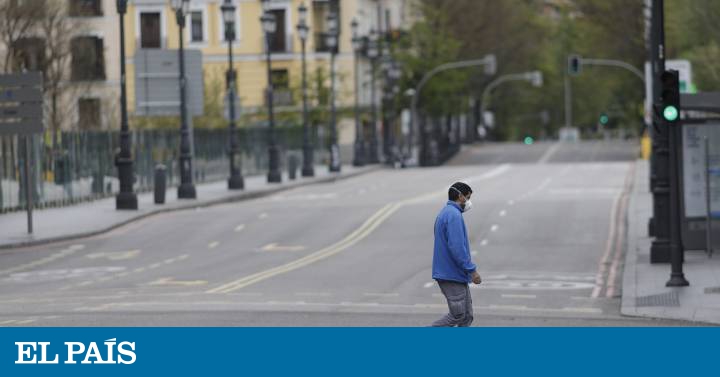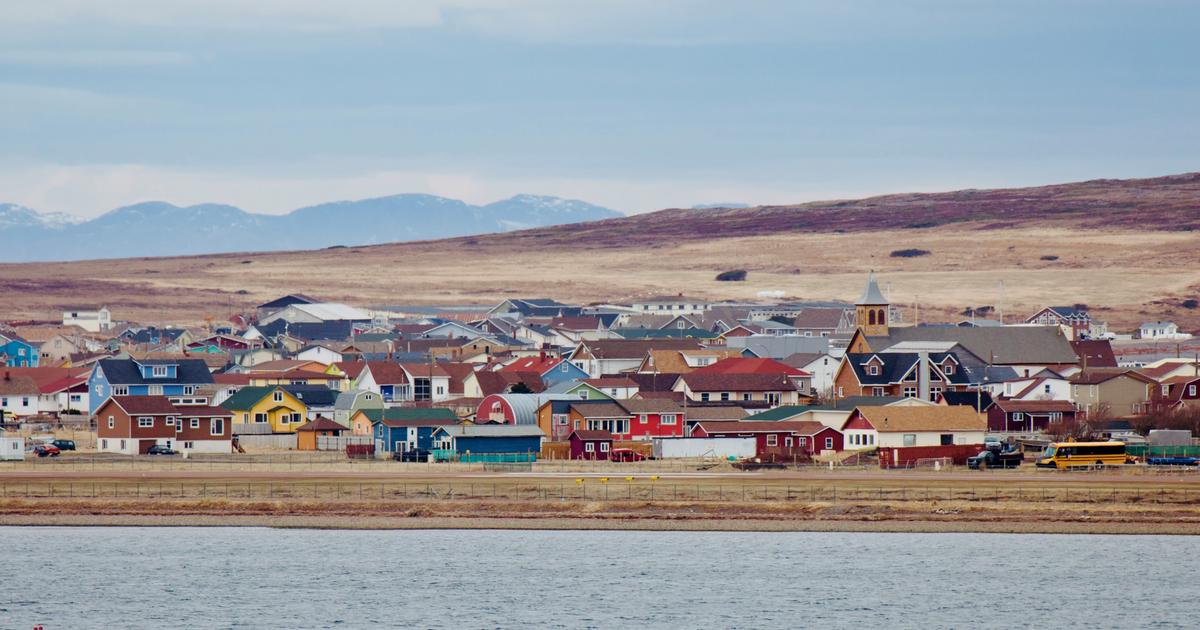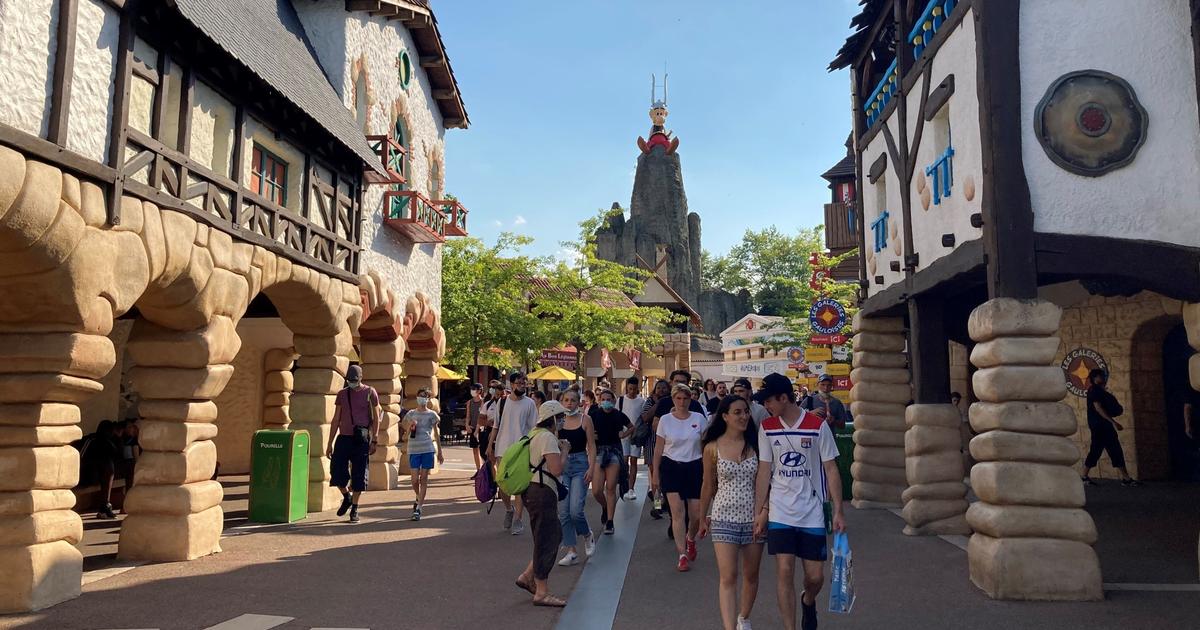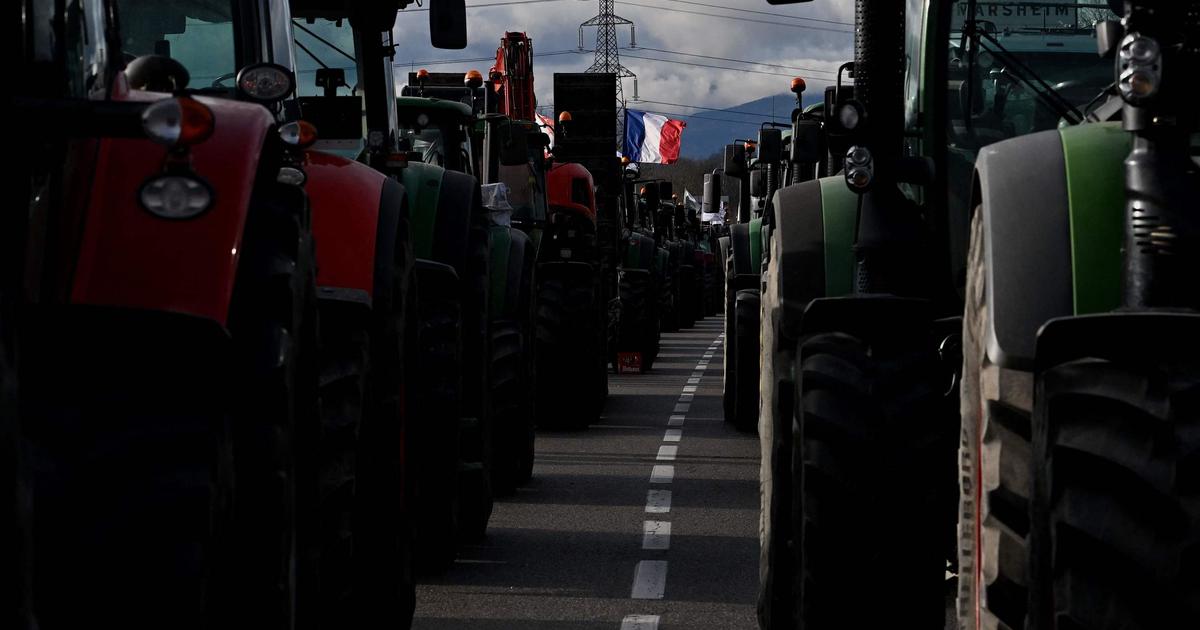Late last century. The clamor of the anti-globalization movement, of the struggle of those who opposed, sometimes violently, to consider land and work as merchandise, seemed capable of changing the world. But the tabula rasa that supposedly equaled everything, from the face of the cities to the empire of fashions, seemed to be unrivaled, despite the warnings about the risks of interdependence: the butterfly flaw,some already call it. A quarter of a century later, voices are again heard demanding protectionism, more national sovereignty and abjuring a system that prioritizes competition and profit and that has left humanity at the mercy of a pathogen. It could be the return to the starting box of the anti-globalist doctrine. To the strategic empowerment of the States, and the recovery of key industries such as healthcare, after decades of entrusting 80% of the world production of generics or precious masks to India and China. It is also the cruellest stress test of the system, to which even the laissez faire of some European countries in favor of draconian armor has succumbed .
Today the world seems to be the Gallic village under siege in search of the miraculous potion, the one that allows defeating the virus (although no one guarantees victory over new ones: it is the third time in 20 years that a type of coronavirus has emerged), and without the Druid uses or confiscates it for his own benefit: the medical material retained by Turkey, or the blackmail between Administrations or countries. An opportunistic swapping scene: Taiwan offering 10 million masks to Europe and the US to stand on tiptoe before China. A new world order of watched replicants, inside a prophylactic bubble that we customarily call life.
MORE INFORMATION
The future that fell upon us- Yesterday's World
If the pandemic is not the end of instrumented globalization as it has been up to now, it is like it: it is the brake on galloping urbanization in countries like India, which sees hundreds of thousands of workers return to their villages; to the runaway production of consumer goods due to the interruption in the supply chain; to intensive agriculture and livestock that deplete natural resources, and where some intuit the possible contagion from animals to humans, perhaps the case of SARS-CoV-2.
In the fight waged by the dictates of the experts and the spread of hoaxes - the only industry with a surplus today - populism could fight backwards in the face of states rehabilitated in the public sphere ... or further undermine democracy, depending on the response given to the economic blow of the pandemic. There is no room for optimism. The emergency will pass, we will pay the bill while we forget about the inertia of surviving and of this colossal drama there will even remain the awareness of vulnerability: of the markets, of man, of the new frontiers and old systems, of the planet.
You can follow EL PAÍS Opinion on Facebook, Twitter or subscribe here to the Newsletter.









